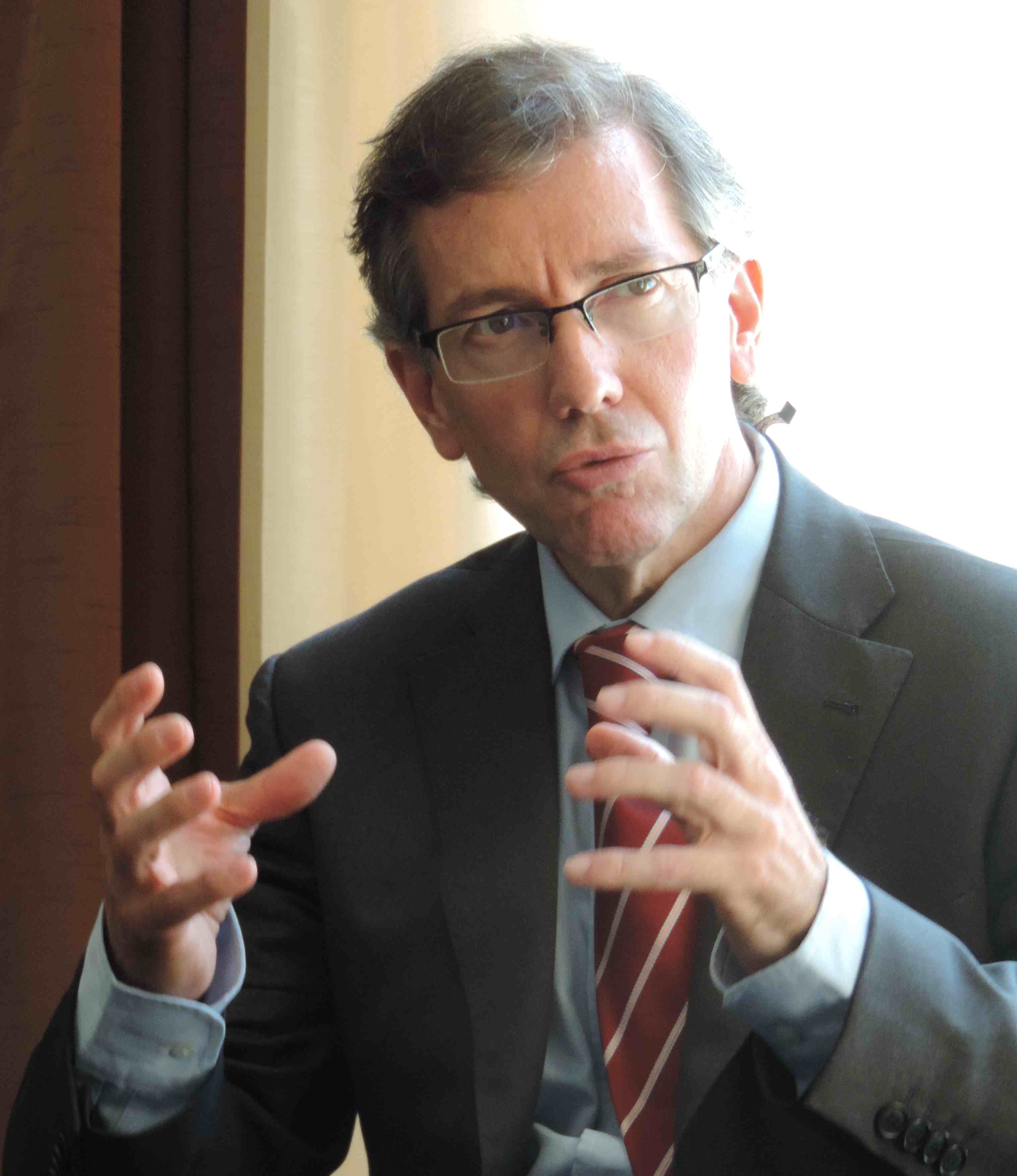By Libya Herald staff.

Tripoli, 8 December 2014:
UN Special Envoy to Libya Bernardino Leon is in Tripoli today in preparation for the proposed . . .[restrict]dialogue talks on 9 December. It was reported by the GNC spokesman that he would meet with Congress members but this has been denied by UNSMIL.
The United Nations Support Mission in Libya (UNSMIL) which Leon heads is involved in what it calls “intense consultations” with all the key players in Libya ahead of the “Ghadames II” talks. These follow the first round of talks which took place in Ghadames on 29 September between boycotting and attending members of the Hour of Representatives.
Following the Supreme Court decision on 6 November (widely seen to have ruled the HoR illegal, although it actually ruled illegal the GNC vote to have elections rather than the elections themselves), Leon is seen as having decided that the only legitimate body left in Libya is the Constitutional Drafting Assembly and that, if there is to be peace, dialogue has to involve both those who were elected to the HoR and those who, even before the Supreme Court ruling, refused to accept its legitimacy.
The latter include the rump of the GNC headed by Nuri Abu Sahmain, which decided to continue meeting on the basis that due process had not been followed, as well Misrata and its allies, and various militias.
In its latest statement today explaining its views about Ghadames II (the actual venue has not been officially announced), UNSMIL has indicated it does not expect an immediate political solution to be found, although it should result in an immediate ceasefire, the withdrawal of all armed groups from cities and towns and “the necessary security arrangements in order to bring an end to the armed hostilities raging in different parts of the country”.
The new dialogue would, the statement says, be “a first gathering” – the start of a process not the end of it – and that “the participants in this dialogue should have the opportunity to consult further with their constituencies before decisions are taken”.
The primary objective, it explains, is “to reach agreement on the management of the remainder of the transitional period” until a constitution is approved and implemented.
“Discussions will focus on finding consensual solutions to the on-going institutional crisis in the country. It is envisaged that these proposals can form the basis for further discussions and consultations outside the immediate framework of the proposed dialogue, and if deemed acceptable to the relevant constituencies, form the basis of a comprehensive political agreement.”
It says that “that there will be no conditions attached to the dialogue”. However, this appears to imply that UNSMIL is not imposing conditions rather than rejecting conditions made by the various parties, of which there have been many. There is, moreover, no further mention of what UNSMIL will do if those invited refuse to turn up.
The UN is merely facilitator for the talks, the statement stresses. It is for Libya’s political parties, tribal forces and the leaders of the armed groups take the active role and find a solution to the crisis. It appeals to all parties to join the dialogue in “a spirit of objectivity and conciliation, and to uphold their country’s national interest as the surest safeguard for preserving its unity and territorial integrity, and avoiding further bloodshed”.
The statement also refuted media reports about the outcome of the proposed dialogue. “These allegations aim to cast doubt on this dialogue as the only means to resolve the current crisis instead of the continuing fighting and political-economic difficulties”, it claimed.
In regard to this latter point, there is no sign that either sides intends to let up on military operations ahead of talks in order to given them a better bargaining position.
[/restrict]






